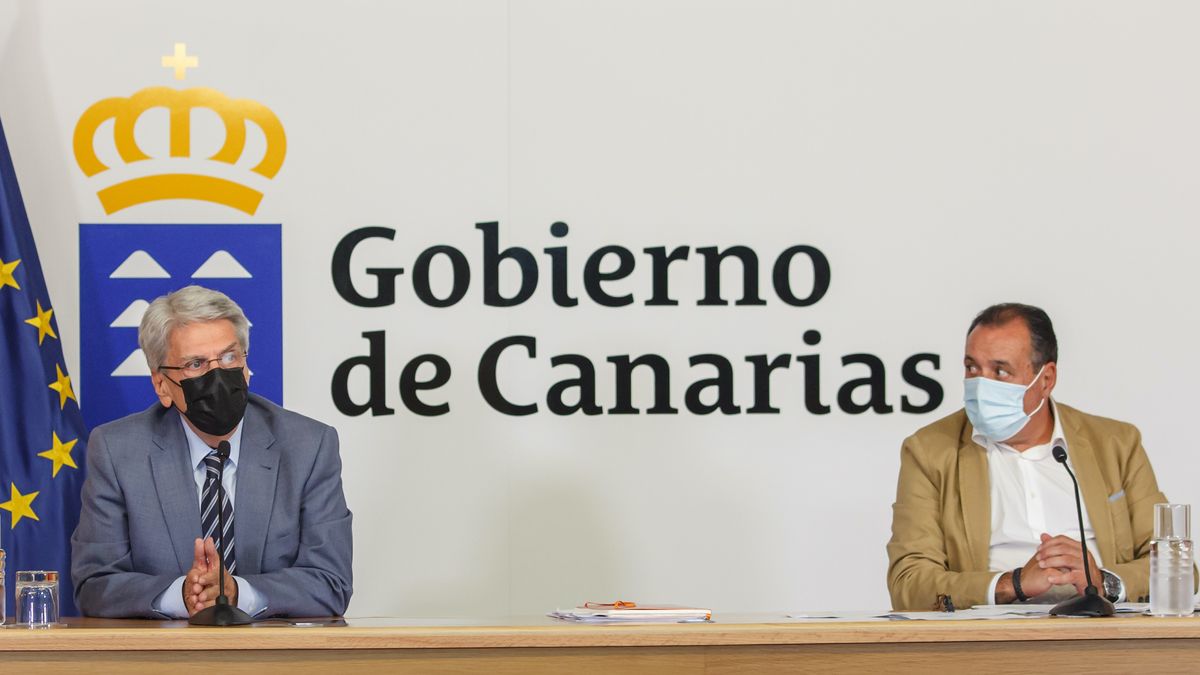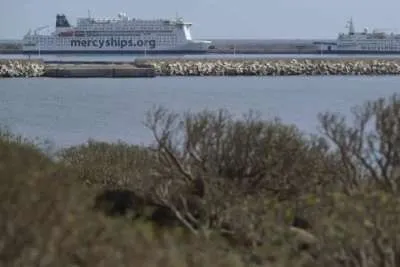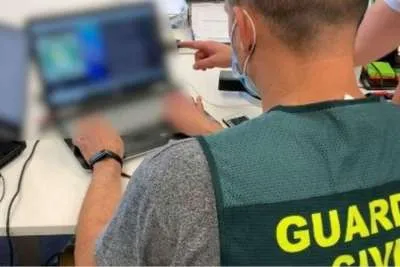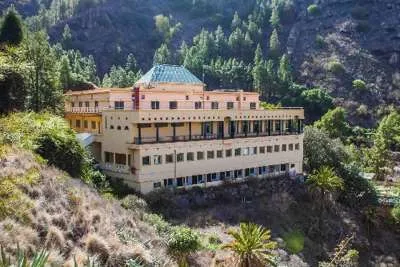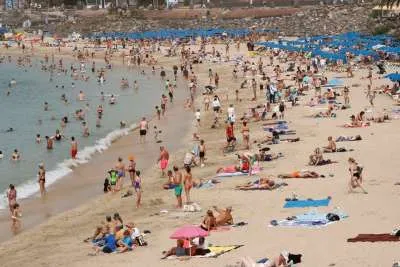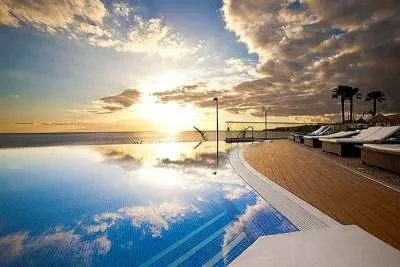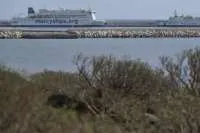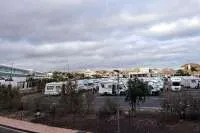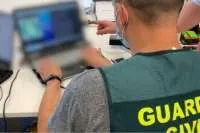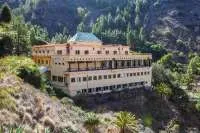Tenerife stays at Level 3
- 23-12-2021
- National
- Canarian Weekly
Following an unscheduled extra Governing Council meeting this afternoon, due to the exponential increase of Covid cases and the epidemiological situation in Tenerife, it has been announced that the island is staying in Level 3. Regarding the other islands, Gran Canaria and Fuerteventura stay at Level 3, La Gomera joins La Palma at Level 2, and Lanzarote and El Hierro stay in Level 1.
In the press conference after the meeting, held by the official spokesman for the Government, Julio Perez, and the Minister of Health, Blas Trujillo, they explained that it was the decision of the Government to keep Tenerife at the same level, "despite the exponential increase in cases". Trujillo explained that "the omicron variant is up to 70% more contagious than any other strain, highlighted by a 186% increase in cases compared to the previous week. A 13% increase in ICU beds and a 9% increase in conventional beds has been also observed."
Also, almost 60% of those admitted to the ICUs in the islands were not vaccinated with both doses, thus, he defended that the archipelago will intensify the vaccination campaign for the booster dose, which he considered "more than evident is the key in controlling this new wave derived from the omicron variant." Finally, he confirmed that the Government does not rule out more restrictive measures if the situation progresses to more complicated parameters, because at the moment, even though the situation is not yet at maximum risk we must proceed with maximum caution.
He also announced that closing times are reverting back to the original Decree-law for the levels, so Level 1 has 3am closing, Level 2 has 2am closing, and in levels 3 and 4 it is now a 1am closing time.
The Ministry of Health of the Canary Islands has also published recommendations for holding social and family meetings with the greatest possible safety to avoid the possibility of transmission of the COVID-19 virus, during the Christmas celebrations and in the event of family gatherings of people who are not living together, as follows:
1.) It is advisable to avoid gatherings between people who are not living together.
2.) If they are held, celebrate them outdoors or in well-ventilated areas, avoiding closed spaces.
3.) Maintain the smallest possible group size, avoid contacting people from different “coexistence groups” or “bubble groups”.
4.) If any guests have symptoms, do not attend the celebration. You must isolate yourself and call the 900 112 061 line of attention to the coronavirus in the Canary Islands.
5.) If any guest is a close contact of a case, do not attend the celebration.
6.) An additional measure is to have a negative diagnostic test just before attending the meeting. A negative result is not a substitute for the other measurements.
7.) Maintain a safe distance at all times, including at the table during lunch or dinner, between non-cohabitating people.
8.) Wear a tight-fitting mask for as long as possible and only remove it when eating and drinking.
9.) Promote proper hygiene (hand hygiene, do not share glasses or utensils etc)
10.) Reduce table time to reduce the risk of transmission of the coronavirus.
The Canary Islands Government is also considering requesting authorization from the Superior Court of Justice of the Canary Islands (TSJC) for a night-time curfew to limit some movements at certain times to try to cut off that part of socialising that is not done responsibly over the Christmas holidays. This was confirmed by the director of the Canarian Health Service (SCS), Conrado Domínguez, this morning.
He also said that they are considering closing nightlife (discos, clubs. Fun pubs etc) as it is one of the sectors where Covid outbreaks are being detected the most, especially with the aggravated case of the Adeje nightclub, where there are already 273 people affected.
He explained that its possible closure is also "one of the issues on the table and action is being considered, but not only in the Canary Islands." Despite this, he believes that "it is not a problem of an activity, but an individual problem."
Other articles that may interest you...
Trending
Most Read Articles
Featured Videos
TributoFest: Michael Buble promo 14.02.2026
- 30-01-2026
TEAs 2025 Highlights
- 17-11-2025


